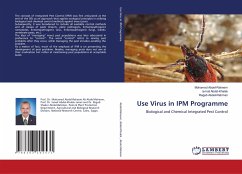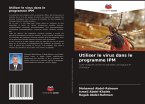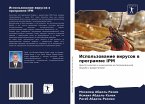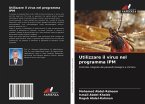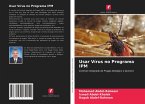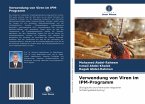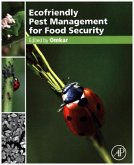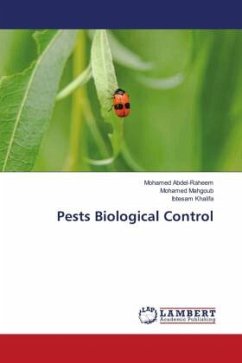The concept of Integrated Pest Control (IPM) was first articulated at the end of the 50's as an approach that applies ecological principles in utilizing biological and chemical control methods against insect pests. Subsequently, it was broadened to include all available control methods and all classes of pests (insects, plant pathogens, Entomopathogenic nematodes, Entomopathogenic virus, Entomopathogenic fungi, weeds, vertebrate pests, etc.).The idea of "managing" insect pest populations was later advocated in preference to "control". The word "control" refers to solving pest problems after they occur, while managing the pest includes avoiding the problem. As a matter of fact, much of the emphasis of IPM is on preventing the development of pest problems. Besides, managing pests does not aim at their eradication but rather at maintaining pest populations at acceptable levels.

